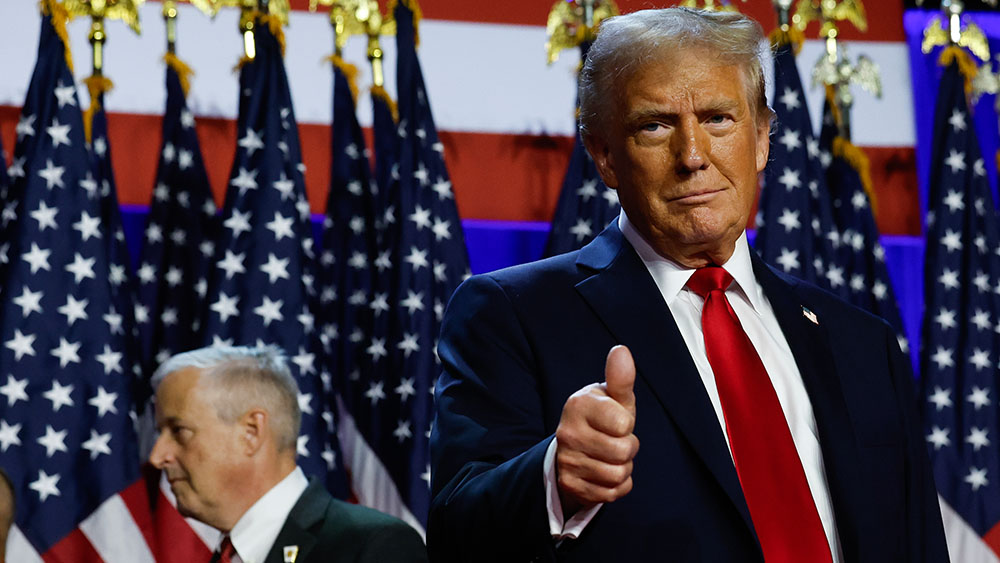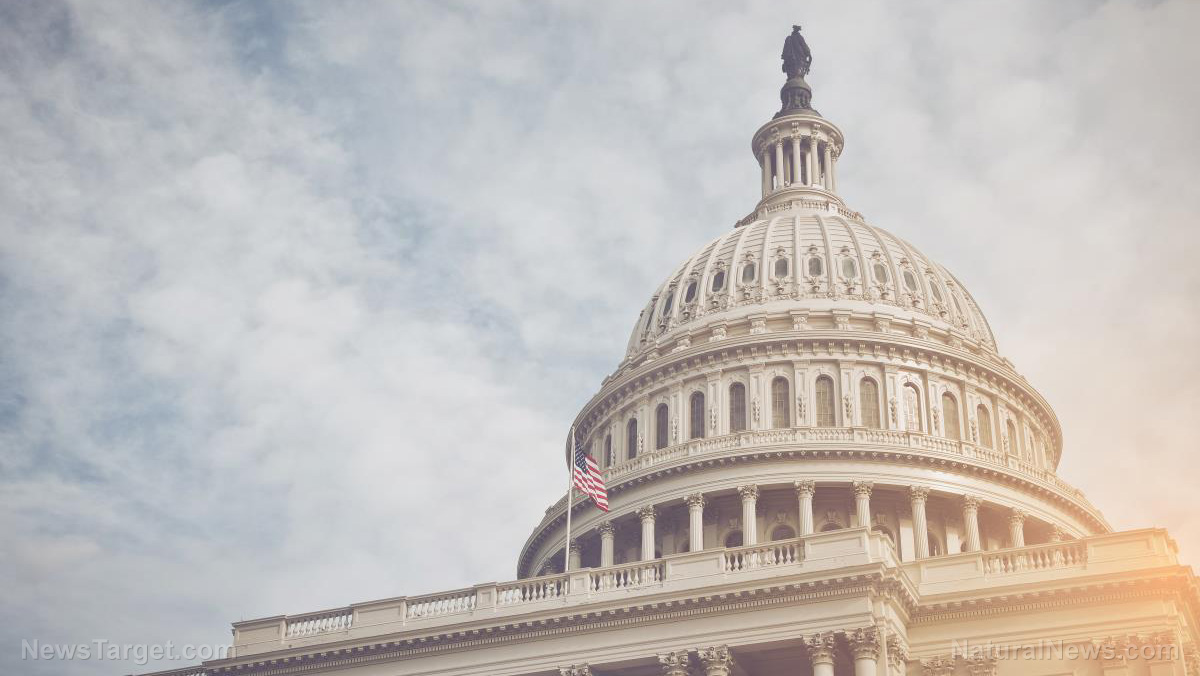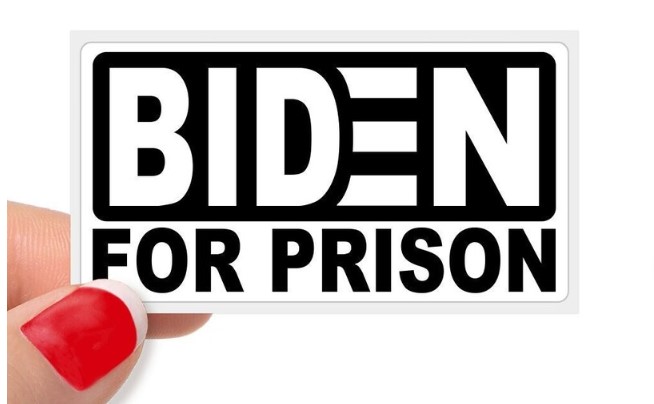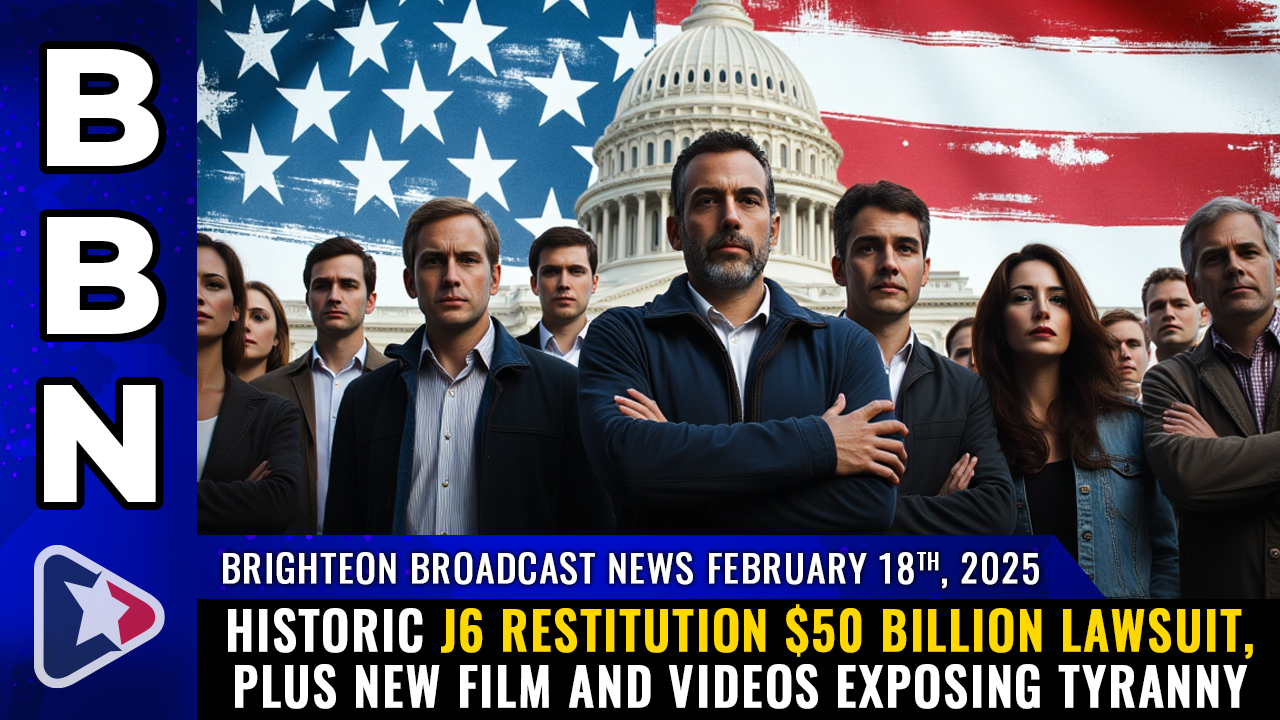Democrats push to restore government control over online speech: CISA shake-up raises free speech concerns
02/20/2025 / By Willow Tohi

- Senator Alex Padilla (D-CA) and Representative Joe Morelle (D-NY) have called for the reinstatement of officials at CISA placed on administrative leave by the Trump administration, citing threats to election security.
- Critics argue that CISA’s involvement in monitoring and flagging speech for suppression raises concerns about free speech, with some viewing it as necessary to prevent government overreach in online discourse.
- The debate over CISA’s role is part of a broader trend where government agencies and social media companies have collaborated to monitor and control online speech, particularly during the 2020 election.
- Meta has announced changes to its content moderation policies, moving away from third-party fact-checking and towards a community-based notes system, which is seen as a step towards protecting free speech online.
- Congress is encouraged to pass the Protecting Speech from Government Interference Act to prevent politically motivated censorship and reinforce First Amendment protections, ensuring a balance between election security and free expression.
In a controversial move, Senator Alex Padilla (D-CA) and Representative Joe Morelle (D-NY) are demanding the reinstatement of officials within the Cybersecurity and Infrastructure Security Agency (CISA) who were placed on administrative leave by the Trump administration. These lawmakers, known for their strong advocacy of government intervention in online discourse, argue that the removal of these employees threatens election security. However, their push to restore these officials has raised significant concerns among free speech advocates and conservative critics.
CISA’s role in election security: A double-edged sword
In a formal letter to CISA, Senator Padilla and Representative Morelle expressed their alarm over the removal of employees who were involved in monitoring and flagging speech for suppression. They wrote, “Election-related mis- and disinformation from domestic and foreign actors continues to threaten the strength and integrity of our democracy by weakening trust in our elections and promoting falsehoods about election officials that have resulted in threats against them and their families.”
While the lawmakers frame their concerns in the context of election security, critics argue that this rhetoric is a familiar justification for empowering government agencies to police online speech. The Trump administration’s decision to sideline these officials is seen by some as a necessary course correction to prevent federal agencies from overstepping their bounds in surveilling and controlling public discourse.
Historical context: A pattern of censorship
The current debate over CISA’s role is not isolated. It is part of a broader trend where government agencies and social media platforms have increasingly collaborated to monitor and control online speech. This collaboration reached a peak during the 2020 presidential election, when Twitter, under the leadership of former executives Vijaya Gadde, James Baker and Yoel Roth, worked closely with the FBI to censor content, particularly the New York Post’s story about the Biden family’s business dealings.
In a recent hearing of the House Committee on Oversight and Accountability, former Twitter executives admitted that the New York Post’s Hunter Biden laptop story did not violate any of the company’s policies but was censored nonetheless. Chairman James Comer (R-Ky.) emphasized, “Isn’t it correct that the Biden campaign had contact with Twitter in the run-up to the 2020 election… And you’re telling this committee that you didn’t ask any Biden representative if the laptop was real or for Hunter Biden’s attorney’s phone number to confirm its authenticity?”
Rep. Andy Biggs (R-Ariz.) echoed this sentiment, noting that Twitter executives were openly hostile towards conservative voices and specifically targeted the New York Post’s Hunter Biden laptop story. “Within mere minutes or hours after the New York Post published its story on the Hunter Biden laptop, at 8:51 am, you sent a message to a team, part of your team I assume. You said, ‘It isn’t clearly violative of our hacked materials policy,’ referring to the story, ‘nor is it clearly in violation of anything else.’ Do you remember sending that message?” Mr. Roth responded, “I don’t recall that message specifically, but that does sound like my judgment on that day, yes.”
Meta’s reset: A beacon of hope for free speech
While the Democrats push to restore government control over online speech, a significant counter-movement is emerging. Meta, the parent company of Facebook, Instagram and WhatsApp, has announced a major reform in its content moderation policies. CEO Mark Zuckerberg acknowledged that the pendulum of content control had swung too far, leading to excessive censorship and mistakes.
Zuckerberg’s decision to abandon the third-party fact-checking system in the U.S. and move toward a community-based notes system, similar to what Elon Musk implemented at X (formerly Twitter), represents a more democratic approach to content contextualization. This move is seen as a crucial step in restoring balance and protecting free speech online.
Amy Bos, Director of State and Federal Affairs, praised Meta’s reforms, stating, “This kind of innovation in content moderation would be impossible without America’s unique environment of free enterprise and free expression. Meta’s reset offers hope that we can maintain vibrant online spaces without sacrificing our commitment to free expression.”
The need for legislative action
To protect these gains and prevent future government overreach, Congress should reintroduce and pass the Protecting Speech from Government Interference Act. This legislation, championed by Chairs James Comer, Jim Jordan and Cathy McMorris Rodgers, would prevent politically motivated bureaucrats from coercing private businesses to suppress lawful speech. By reinforcing the First Amendment’s protections and preventing covert censorship, this act is essential for preserving a marketplace of ideas where speech can be freely exchanged.
As we navigate the complexities of the digital age, it is crucial to strike a balance between maintaining election security and upholding the principles of free speech. The ongoing debate over CISA’s role and Meta’s recent reforms highlight the importance of vigilance and proactive legislation to ensure that government control over online speech does not undermine the very foundations of American democracy.
Sources include:
Submit a correction >>
Tagged Under:
Alt-Left, banned, bias, big government, Big Tech, cancel Democrats, Censorship, CISA, conspiracy, corruption, cyber war, fascism, First Amendment, free speech, freedom, Glitch, Liberty, outrage, speech police, Suppressed, thought police, Tyranny
This article may contain statements that reflect the opinion of the author
RECENT NEWS & ARTICLES
COPYRIGHT © 2017 PENSIONS NEWS




















